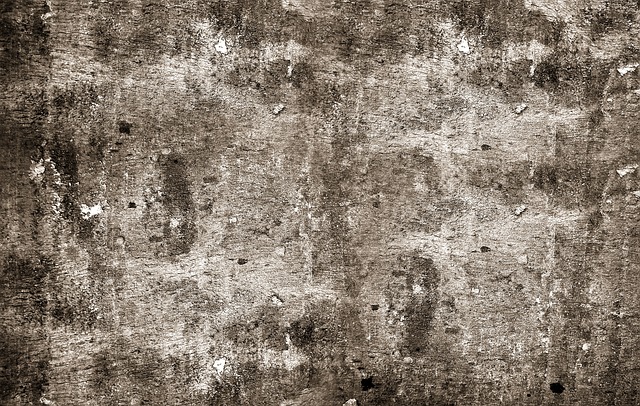
Sometimes, the opportunity to improve yourself presents itself. Improving the skills you need for work may involve taking a course or participating on on-site training. Most hobbies do not have this advantage. However, this article is full of the best woodworking techniques.
Anytime you are working around power tools, there is an element of danger; focus on safety at all times. Always use your tools in the way they were intended to be used and wear safety equipment at all times. Do not take guards off of power machines, because they are meant to protect you. Nasty injuries are no way to end a woodworking project.
Create your own sanding blocks. For each sandpaper grit that you usually use, cut six blocks from a scrap of three-quarter inch plywood. Your blocks should be 2.5 x 4.75. Use spray adhesive on both the cork tile square and your blocks. Stick a block to the cork, making sure to cut the cork flush with a utility knife. Put adhesive on a sheet of sandpaper and apply it on each block of cork. Finally, cut your sandpaper flush with your cork, and then label each of your blocks.
Test your stains on scraps of wood or inconspicuous areas of the piece you’re using. Testing first will give you an idea of how the stain will look on a real piece. You’ll get no unwelcome surprises later. Wood is unpredictable so you’ll want to test it first.
Your workbench’s height is important in woodworking. To find the ideal height, take a measurement of the distance between your floor and your waist’s midline. This will help you create a workbench that is the perfect height.
Always stir your stains instead of shaking. These can settle can must be stirred. But, if you shake it could cause bubbles to form which would mean it wouldn’t mix too well. Stir thoroughly until it is smooth and even.
Select the appropriate kind of wood for your projects. Some woods are fragile and will break upon exertion. Practice with wood so you know how it reacts to what you do to it.
Gel Stains
Gel stains are an excellent choice for furniture staining. Stains that are liquid will run when you apply them, but gels tend to stick to lumber. Also, gel stains are thick, so they tend to stain more evenly.
We all have to try to get better. From a new project to a new skill, the best advice can get us through. When using the above tips, you will be more than ready to tackle that project you have been thinking about.
